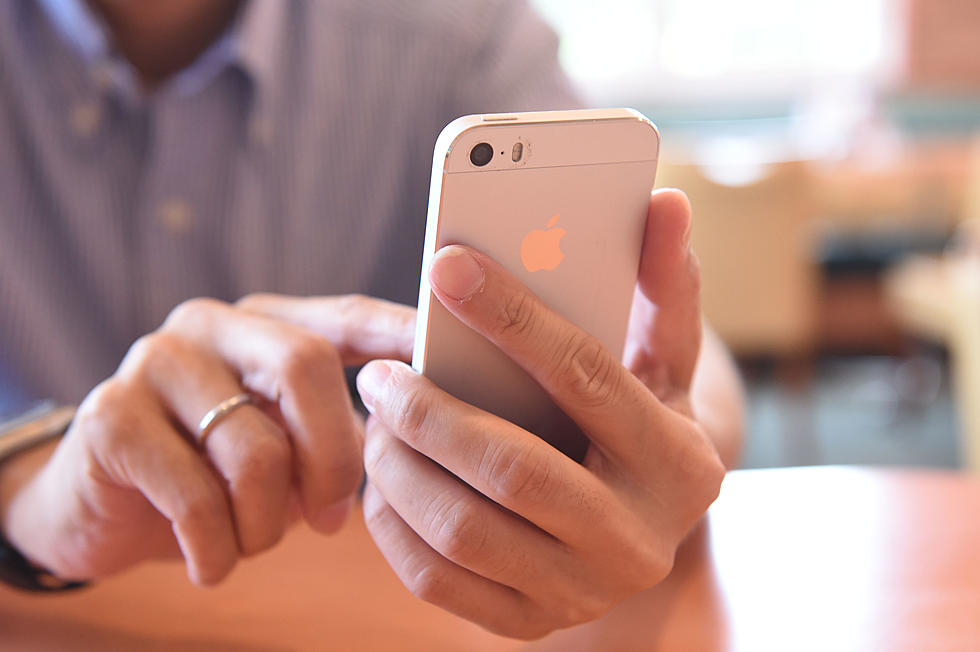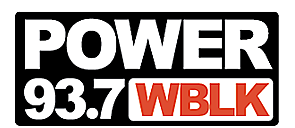
Anti Robocall Technology Must Be Installed By Carriers Today
Nothing is more annoying than your cellphone ringing numerous times a day...at work, while you're eating, on vacation or sleeping...you reach for the phone and it is an "unknown caller".

Robocalls aren't a "new" annoyance; according to the FCC, American consumers received nearly four billion robocalls per month in 2020, costing more than $3 billion in lost time.
So what's the answer, where can consumers turn for help?
According to WKBW-TV today (6/30/21) is the federal deadline for phone carriers to implement anti-robocall technology under the Telephone Robocall Abuse Criminal Enforcement and Deterrence (TRACED) Act, signed into law in December 2019.
The FCC now requires all large phone carriers, like Verizon, T-Mobile and AT&T to implement what's called STIR/SHAKEN in their networks.
It's a filter that helps track and log every robocall to ensure they are from legal sources.
STIR stands for "Secure Telephone Identity Revisited," and is the technical protocol by which the SHAKEN part of the technology runs. SHAKEN stands for "Signature-based Handling of Asserted information using toKENs," and it establishes the framework for robocalls to be tracked in the FCC's new Robocall Mitigation Database.
Essentially, STIR/SHAKEN is a digital call verification system.
The hope is that this technology will help cut down call "spoofing," in which someone falsifies the information sent to caller ID to look like another person's number.
According to the Federal Communications Commission call spoofing is illegal if there is intent to cause harm and spoofers can face up to $10,000 in fines per violation.
According to CNET, the new technology likely won't mean an immediate drop in the number of robocalls consumers receive. This is due to a few reasons.
First, major phone carriers like Verizon, AT&T, and T-Mobile have been implementing the technology, for over two years.
Second, scammers are always trying to find new ways to take advantage of consumers.
Third, some robocalls are in fact legal. The FTC has a list of the types of robocalls that are allowed without the consumer's permission, so not all robocalls will be blocked with the STIR/SHAKEN standards.
There are a number of things consumers can do to reduce the number of unwanted calls they receive and protect themselves from potentially fraudulent activity. Check out the list here.
LOOK: The most expensive weather and climate disasters in recent decades
CHECK IT OUT: See the 100 most popular brands in America
How Many in America: From Guns to Ghost Towns
More From 93.7 WBLK









